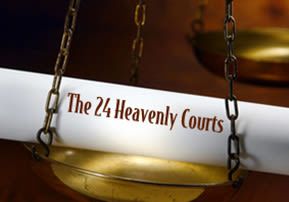
The 24 Heavenly Courts
The specifics of each day and each hour - whether good or otherwise - depend on the judgment rendered in one of 24 Heavenly Courts…

Translated by Rabbi Lazer Brody
In Forest Fields, Part 65
There are 24 heavenly courts, each corresponding to an hour of the day. Each hour, a person is judged according to his deeds; if they are good, he is judged favorably and therefore feels joy and a sense of well-being. On the other hand, if his deeds are not good, he is judged harshly and therefore feels sad and tormented, for our sages said (Mishna, tractate Eduyot 5:7): “Your deeds will bring you near, your deeds will distance you.”
 Rosh Hashanah is the main Day of Judgment, determining life and death, livelihood, and other broad issues. Yet, the specifics of each day and each hour – whether good or otherwise – depends on the judgment rendered on a specific day, at that very hour, according to one’s deeds.
Rosh Hashanah is the main Day of Judgment, determining life and death, livelihood, and other broad issues. Yet, the specifics of each day and each hour – whether good or otherwise – depends on the judgment rendered on a specific day, at that very hour, according to one’s deeds.
Here’s an example: The Holy Baal Shem Tov met an elderly Jew who made his livelihood as a water-carrier. The Holy Baal Shem Tov asked how he’s feeling, to which the water-carrier replied with great joy, “Everything is excellent, I thank Hashem for giving me the strength to earn my living honorably.”
A few days later, the Baal Shem Tov saw that the water-carrier looked forlorn. The Baal Shem Tov greeted him, but the latter burst into tears and complained about his bitter fate, that even at his old age he must work so hard to make a living.
The Baal Shem Tov was surprised at the drastic change in attitude. He contemplated this and later remarked: “Finally, an apparent contradiction in the Talmud tractate ‘Rosh Hashanah’ became resolved in my mind. The Mishna states that a person is judged on Rosh Hashanah, while the Gemara says that a person is judged hourly on each day. A question of course arises – if a person is judged for a whole year on Rosh Hashanah, then why must he be judged once again each and every hour?
The water carrier’s drastic mood change is an indication of the answer to the above question. True, on Rosh Hashanah a person is judged for the whole year. Yet, how he will receive this judgment, whether it will be in joy or sorrow, is decided upon every single hour, according to his deeds.”
On Rosh Hashanah it was determined how the water carrier would continue to earn his living – namely, as a water-carrier. Yet how he’d react to this ruling, whether bitterly or with joy, would be determined daily and hourly during the year. He might be judged favorably by the Heavenly courts during one hour and consequently be happy. Yet during another hour, when the Heavenly courts have ruled adversely against him, he’d experience difficulty and bitterness.
Teshuva, prayer, and charity can change both what has been decreed on Rosh Hashanah and all the daily and hourly rulings of the Heavenly courts.
The above example enables us to understand how and why a person’s mood changes from day to day and from hour to hour. During one hour, everything seems to be going his way and he consequently feels good. Later, he suddenly feels unsuccessful and downtrodden. At breakfast, he may have enjoyed harmony with his wife, but at dinner, they began to argue over something petty.
The only reasonable explanation for such dramatic changes is the hourly judgments of the Heavenly courts. They affect one’s health, moods, shalom bayit, livelihood, and every other aspect of his life.
Divine Providence in all things
We must internalize the knowledge that life’s every difficulty – even the simplest of things such as an itch or a mosquito bite – is a tribulation decreed by the Heavenly courts. These tribulations should stimulate teshuva rather than be dismissed as a consequence of nature and chance.
The Talmud says (tractate Chulin 7): “A person can’t lift a finger unless this has been decreed from Above.” King David says, “Hashem prepares a man’s each step” (Psalm 37:23).
In another instance the Talmud teaches us (tractate Arachin, 16): “To what trivial extent should we still consider ‘tribulation’?” That is to say, what is the most insignificant thing one can view as tribulation? “Rabbi Eliezer says: A garment that has been sewn that the person finds unbecoming. Rabbi Shmuel bar Nachmani says: no, more than that, even if a person wanted to eat something warm but was served something that has been cooled, or visa versa, that can be considered tribulation. The son of Rabina says: even if his garment is inside-out. And it was added: even if a person puts his hand in his pocket to take out three coins and takes out only two, that too is a tribulation…”
One must internalize the belief that every bit of joy, happiness and pleasure that he enjoys, as well as every hardship that he suffers, is neither by error or happenstance, but a decree from Above by the Heavenly courts according to one’s daily deeds.
To be continued




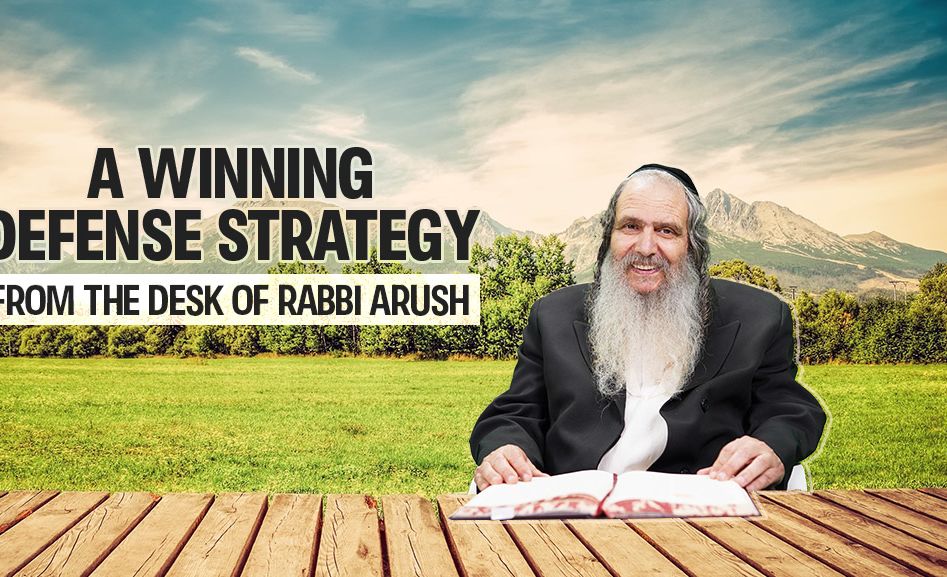

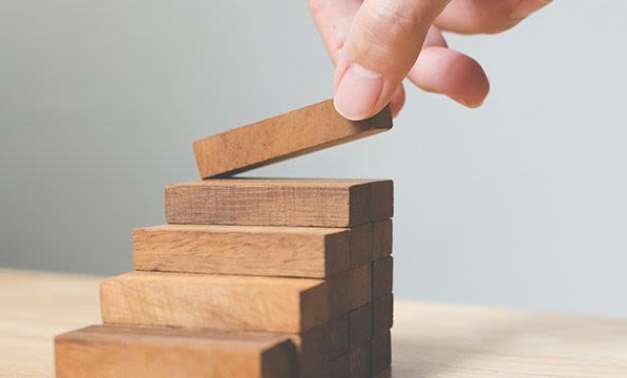
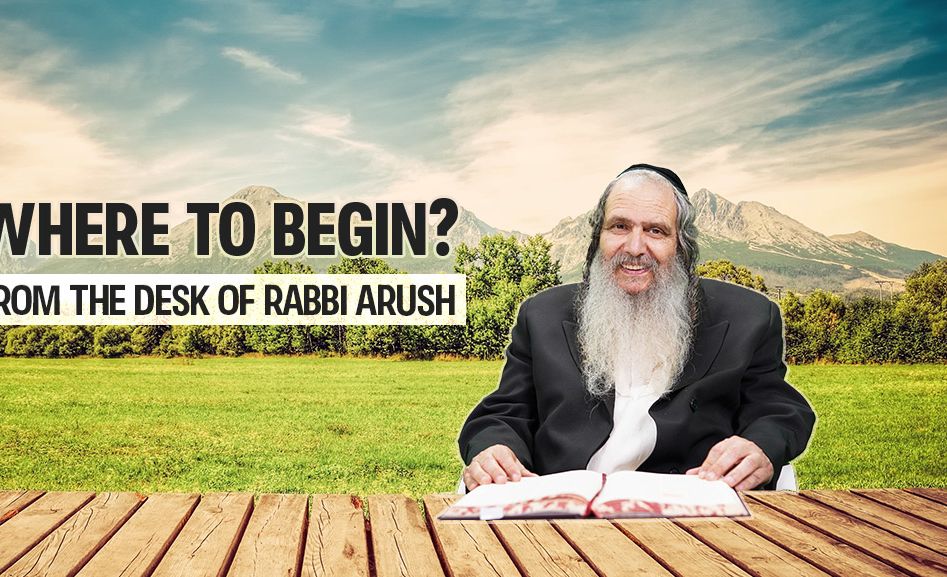
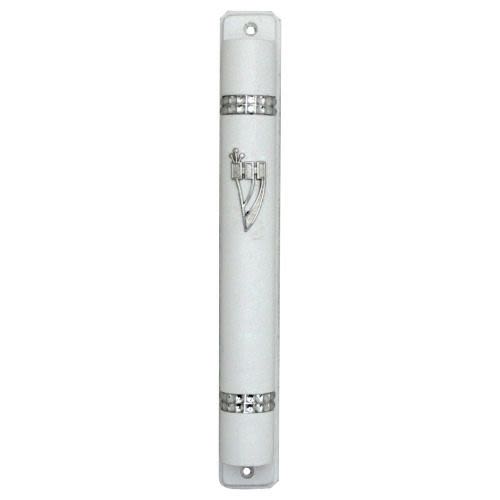
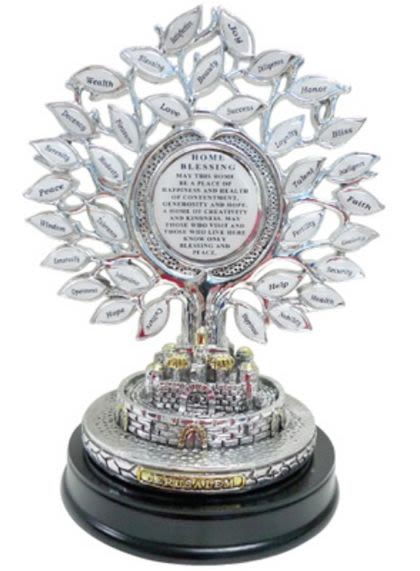
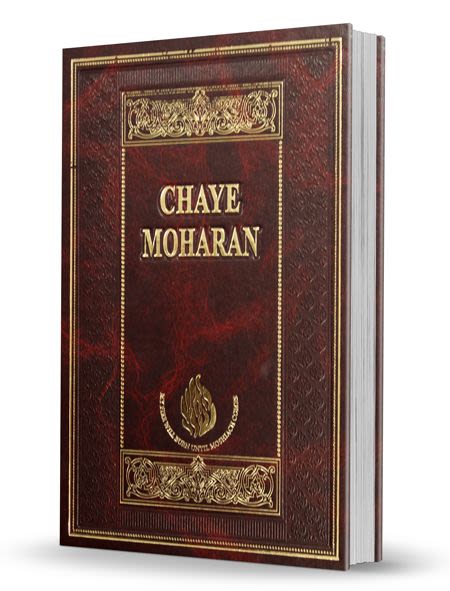
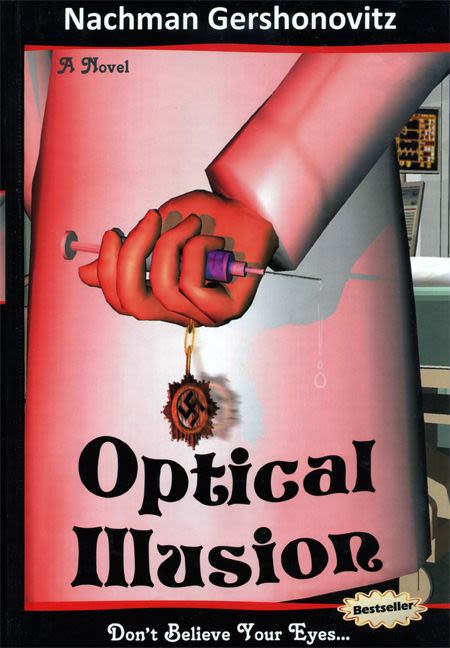
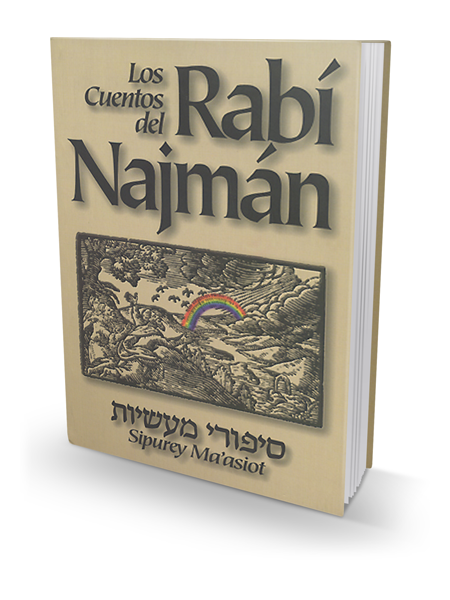
Tell us what you think!
Thank you for your comment!
It will be published after approval by the Editor.